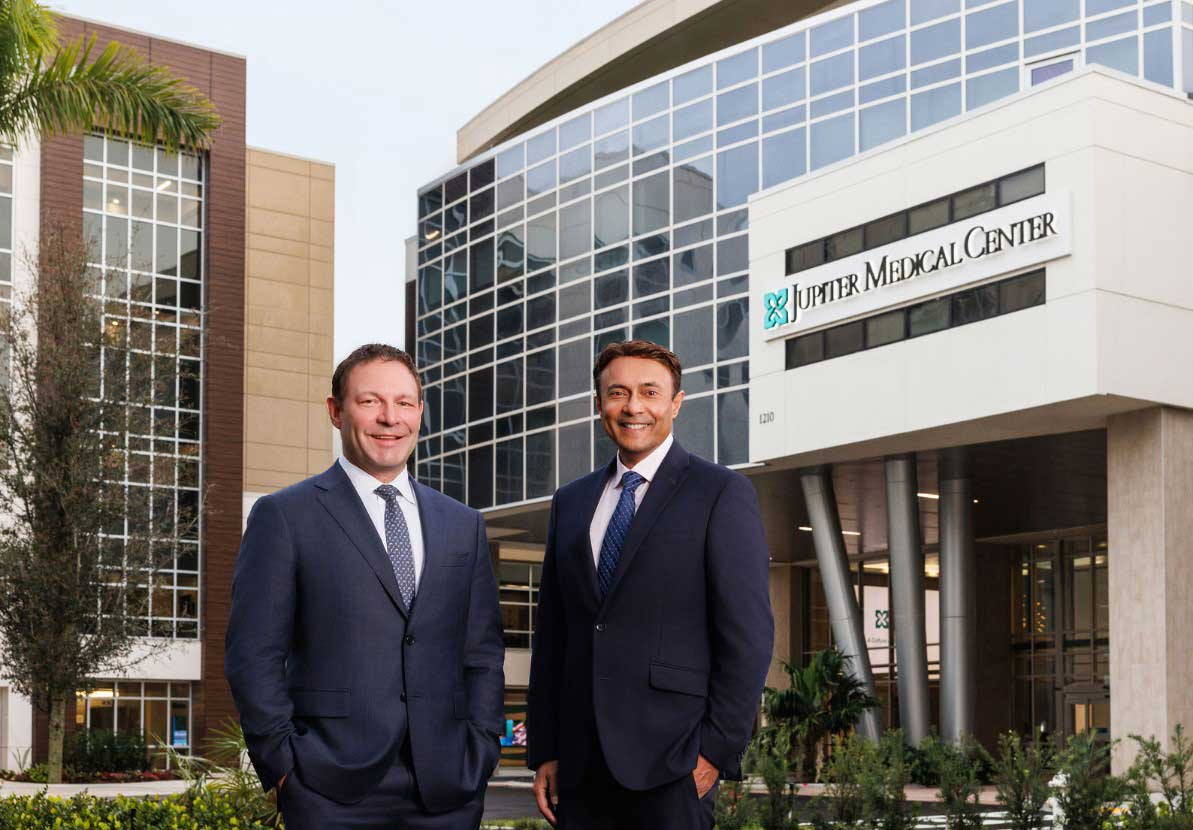
In its January Bulletin, the American College of Surgeons (ACS) has published a review of what it calls “significant” updates to CPT coding, payment models, and physician reimbursement that have taken effect in 2026. Here’s what’s particularly on surgeons’ minds: “Coding changes for general surgery and related specialties.” ACS specifically…

Jupiter Medical Center (JMC) and Hospital for Special Surgery (HSS) on Friday announced a partnership to expand access to musculoskeletal care in South Florida. The organizations said they will collaborate to offer patients “comprehensive orthopedic care — from diagnosis and surgery to rehabilitation — delivered with the highest standards of…

Tri-City Cardiology Ambulatory Surgical Center announced on Dec. 29 that it had surpassed 6,000 completed procedures, which it said underscores its commitment and ability to deliver “high-quality, patient-centered cardiovascular care in an outpatient setting.” The Mesa, Ariz.-based practice said Tri-City Cardiology ASC was designed to expand patient access to “highly personalized…
Researchers at Luminis Health Anne Arundel Medical Center in Annapolis, Md., describe positive impacts on the hospital's acute-care operations and quality after transitioning elective orthopedic surgeries to an ambulatory setting. The retrospective single-center study, published on Cureus on Dec. 30, is particularly relevant as more health systems and hospitals continue to…

During October's OR Manager Conference in Anaheim, Calif., neurosurgeon Betsy Grunch, MD, FAANS, FACS, FCNS, of Longstreet Clinic in Gainesville, Ga., focused on how perioperative teams can better communicate in the OR. She noted that breaking these communication barriers isn't simply a matter of improving workplace culture and the psychological…

University of Maryland School of Medicine researchers found an association between the neighborhood socioeconomic status of older Medicare beneficiaries and the number of days they spend at home after they suffer a fall-related hip fracture. Published on JAMA Network Open on Dec. 23, the cohort study, “Neighborhood Deprivation and Days…
Editor's Note New research sheds light on the different ways that the COVID-19 pandemic influenced a significant shift in surgeries from inpatient to outpatient settings, with the most pronounced shift occurring for hip and knee replacements. The findings published December 6 in Sage Journals also showed greater declines in overall…
Editor's Note Periprosthetic joint infection involving the implant in total knee arthroplasty can cause significant postoperative complications. New research published online first December 15 in Frontiers in Surgery adds new data to the risk factors linked to this type of infection. In the systematic review, investigators studied risk factors for…
Editor's Note A December 12 roundup of top studies published in JAMA Medical News from 2025 included articles relevant to perioperative care, such as a systematic review of AI tools in healthcare, a randomized controlled trial on blood transfusion in neurosurgery, and a study on surgery sparing in certain low-risk…
Editor's Note Enhanced recovery after surgery (ERAS) procedures showed benefits among older patients with colon cancer and other comorbidities, without compromising results, according to study findings published December 11 in Frontiers in Surgery. Investigators evaluated postoperative complications and length of stay in colorectal cancer patients undergoing ERAS compared with non-ERAS…